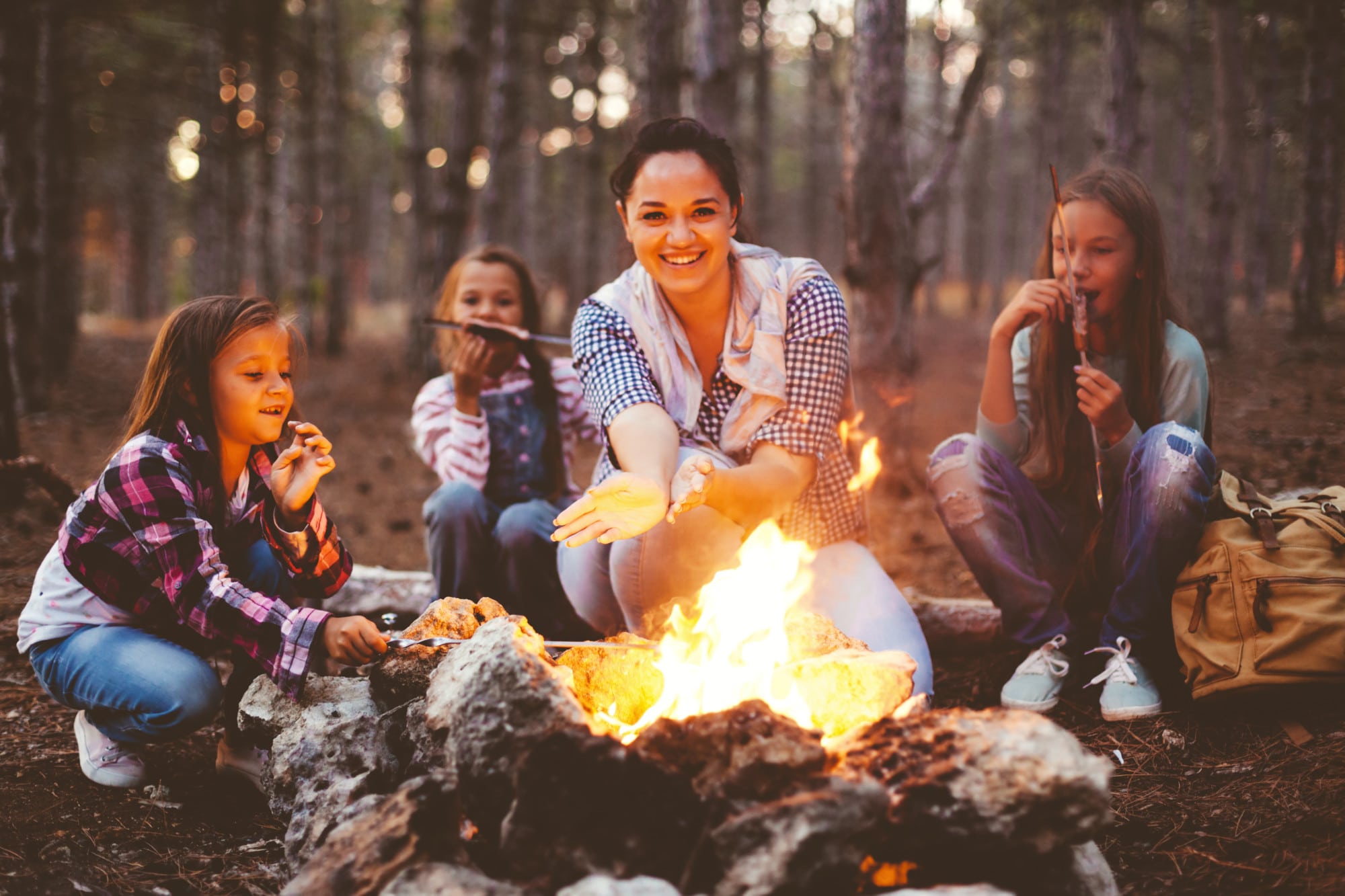Camping is s very popular activity, and that popularity is increasing. Millenials now make up 40% of all campers.
As camping becomes more widespread, safety knowledge needs to as well. Getting back to nature is fun, but it can get dangerous if you’re not careful.
The average camper may find themselves dealing with any number of things, from axes to fire, and even wild animals. Any of these can present a threat if they’re not dealt with properly.
This isn’t to say that camping is a deathtrap, though. Following a few safety rules can make the average trip both fun and relaxing, with no major slip-ups at all. We’ll talk about some of these rules in the paragraphs below.
1. Campfire Safety
A campfire can quickly get out of hand if it’s not tended properly, and contact with a fire can lead to severe burns. Avoiding burns is a simple issue of setup and placement.
It’s important to start your fire out of reach of trees and any flammable camping equipment you have. One great way to contain a fire is to make a ring of bricks or concrete blocks around a fire. Neither of these materials are flammable, which keeps the fire from spreading outside the circle.
There’s also smoke to keep track of. Smoke isn’t dangerous, but it’s annoying.
Figure out which way the wind is blowing and stay out of it. This will keep smoke out of your face. Wind does shift, so you may have to move every once in a while.
2. Insect Protection
The next entry on our list of camping safety tips is insect protection.
Insects are not fun, and biting insects are especially annoying. Not only do they hurt and itch, but many of them can spread disease. Mosquitoes can carry malaria, ticks spread Lyme Disease, and the list goes on and on.
Worse yet, mosquitoes tend to pick favorites. Certain factors, such as metabolism, production of chemicals in the skin, and blood type can affect how much you get bitten. Blood type O, for instance, seems to be more attractive to mosquitoes than other types.
Using bug spray can help keep these insects away. Some will wash away with sweat or other exposure to water, so stay away from them.
3. Water Safety
Water safety is important when roughing it. The biggest risk with water isn’t drowning. Floating devices and the ability to swim are enough to avoid that.
The biggest risk is dirty water. Drinking unclean water can lead to giardia and other water-borne diseases. However, dehydration is another issue, so you can’t just avoid drinking water.
It’s best to either purify your water or bring your own.
The Best Camping Safety Tips
Staying safe while camping is important. We’ve offered some camping safety tips in the paragraphs above, but there are many more out there. We encourage you to do more research on your own. It’s always better safe than sorry.
If you want more medical information and advice, please visit our site. We can teach you how to tell if one of your bones is broken.

